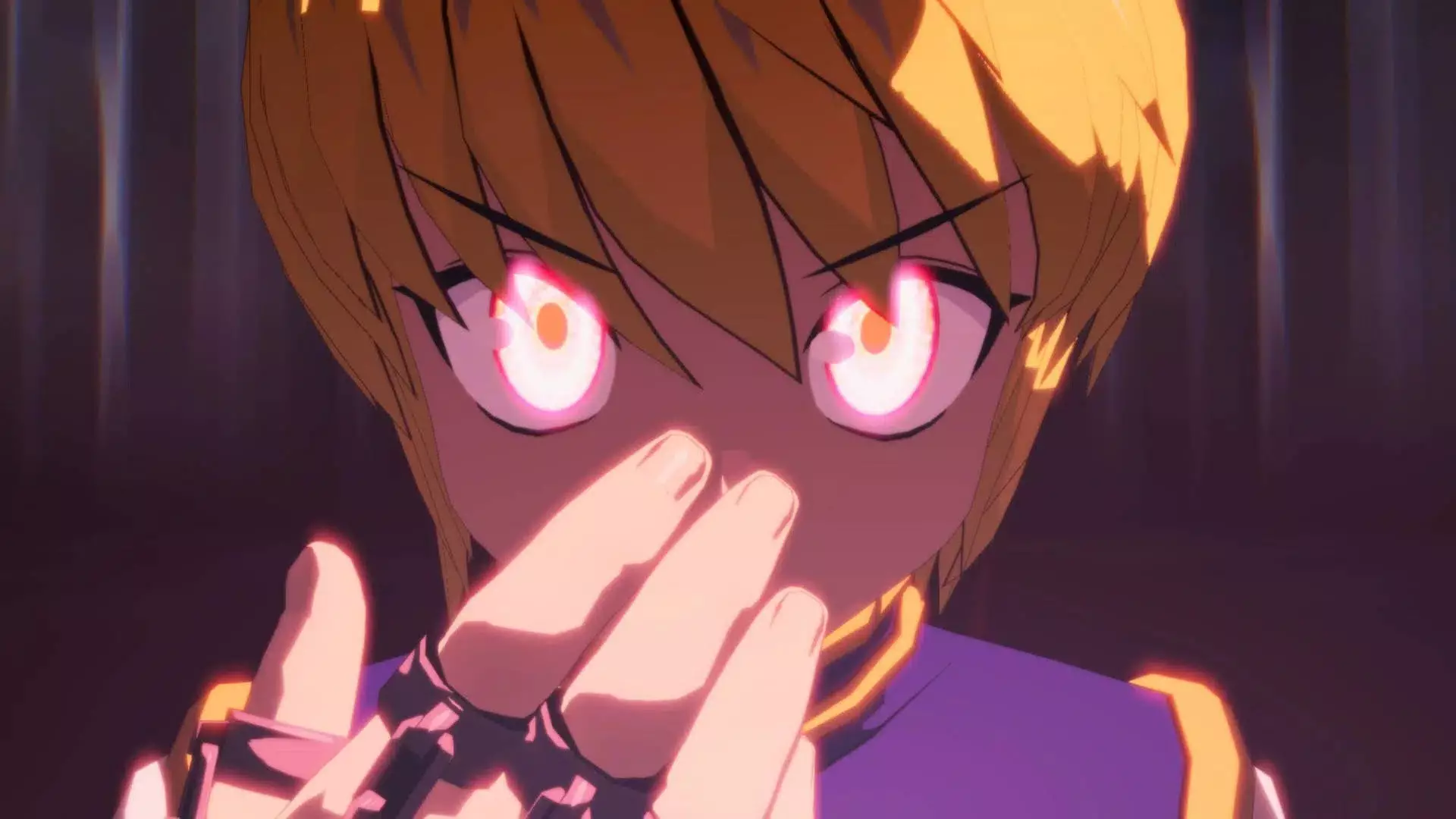The recent release of Hunter x Hunter: Nen x Impact marks a significant venture into the realm of anime-inspired fighting games. Unlike typical adaptations that merely piggyback on beloved franchises, this title attempts to merge the deep lore of Yoshihiro Togashi’s universe with a combat system rooted in strategic team play. Developed by Bushiroad Games and Eighting, renowned for their expertise in fighting game mechanics, this release aims to deliver more than just fan service; it seeks to stand on its own as a competitive staple. While the aesthetics leave much to be desired, especially in comparison to high-end console fighters, there’s potential in the underlying mechanics that could appeal to genre enthusiasts craving a nuanced experience.
The core appeal of Nen x Impact lies in its 3v3 tag-team structure. This mechanic invites players to think beyond simple brawling: it demands strategic swaps, timed assists, and battlefield awareness—elements that elevate the game beyond a basic beat-’em-up. For fans of Hunter x Hunter, the opportunity to assemble a team featuring characters like Gon, Killua, Hisoka, and Kurapika adds a layer of depth, immersing players into the series’ universe while testing their tactical prowess.
From Manga to Digital Arena: A Series with a Rich Legacy
Hunter x Hunter’s journey from manga pages to a fighting game reflects its burgeoning global influence. Since its debut in 1998, the series has attracted a dedicated fanbase captivated by its intricate plotlines and complex characters. However, within the realm of video games, it has often been overshadowed by giants like Naruto or Dragon Ball— franchises that enjoy blockbuster budgets and high-profile releases. Hunter x Hunter’s relative scarcity of mainstream gaming adaptations underscores the challenge: faithful fans want quality, but mainstream appeal has eluded it, partly due to the series’ darker themes and the complexity of its storytelling.
The game’s aesthetic choices mirror this disparity. Graphically, it struggles compared to modern console fighters; the visuals are serviceable but lack the striking polish seen in titles from Bandai Namco or Arc System Works. Nonetheless, the developers emphasize that gameplay mechanics—particularly the tag-team combat—are where the game shines. This focus on gameplay over presentation suggests a conscious decision to cater to fighters looking for strategic depth rather than visual spectacle. There’s a certain honesty in that approach, even if it might deter casual gamers expecting glossy graphics and cinematic flair.
Pricing and Editions: A Conundrum for Fans
The commercial aspect of Nen x Impact offers both standard and limited editions, with pricing aligning with the typical niche fighting game market. The digital edition, priced at £49.99, is an accessible entry point, but the limited edition at £84.99—featuring a collectible box, artbook, acrylic stand, and season pass—caters to hardcore collectors. While these extras might appeal to die-hard fans, they evoke a bigger question about value: does a game with middling visuals and a niche fighting system warrant such a steep premium?
This pricing strategy reflects a common trend within the fighting game ecosystem—deliberately positioning these titles as collectibles or premium experiences rather than mass-market products. For longtime fans of the series, the added costumes and physical memorabilia can add sentimental value, but newcomers might see these as unnecessary frills. The ultimate question remains: does Hunter x Hunter: Nen x Impact have enough substance to justify its cost, or is it a relic of developers trying to capitalize on a beloved IP without offering groundbreaking gameplay?
Debates, Delays, and the Competitive Scene
One of the most interesting facets of this game’s journey is its delay—originally slated for release earlier but pushed back to accommodate rollback netcode. This technical upgrade is promising, as rollback is increasingly essential for ensuring smooth online multiplayer experiences in fighting games. However, delays often fuel skepticism among players, especially when they stem from attempts to refine basic net features rather than core gameplay.
Additionally, the game’s ban in Australia for “inappropriate content” highlights the regional sensitivities and the challenge of balancing mature themes with global market expectations. It underscores a crucial reality: even games rooted in child-friendly anime worlds must navigate the complex landscape of cultural standards. This controversy might limit its reach but also speaks to the series’ inherently darker and more mature storytelling, which developers choose to incorporate into their gameplay.
In the end, Hunter x Hunter: Nen x Impact embodies a bold attempt to blend niche anime fandom with the demanding mechanics of competitive fighting. While it may not win awards for its looks or widespread appeal, it holds promise for those willing to look past superficial flaws and focus on its core gameplay. Whether it will carve out a niche or remain a curiosity largely depends on the community’s reception and the game’s ability to evolve, particularly in online play and balancing updates.

